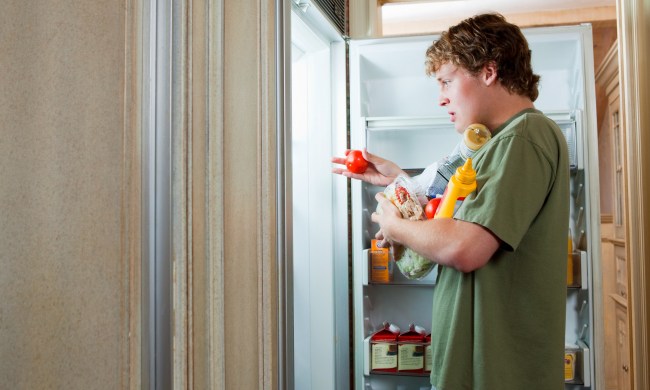Having a phone comes with a lot of responsibility for a child — especially a smartphone with access to social media and the internet. There are many factors to consider and you’re likely getting pressure from your tween whose friends and peers at school “aallllll have them already.”
We’ve reviewed and compiled expert opinions for you so you can make an informed decision after considering the information below. What age is the right age to get your child a phone? When is your child ready for a phone and what makes your child ready? Let’s find out.

Should a 10-year-old have a phone?
It depends on the 10-year-old. James P. Steyer, chief executive of the nonprofit organization Common Sense Media, told the New York Times, “No two kids are the same, and there’s no magic number. A kid’s age is not as important as his or her own responsibility or maturity level.” For his household, kids don’t get phones until they start high school, “after they have learned restraint and the value of face-to-face communication.”
The average age kids get a first smartphone is 10 years old. However, many experts agree that the longer you can wait, the better. Think of it from a need-based perspective instead of an age-based one.
Is your child working as a mother’s helper or another job? Are they walking to school alone? If your 10-year-old is ever outside of the care of adults, that is a reason to consider a phone for them. In fact, 84 percent of parents who gave their child a phone between the ages of 8 and 12 cited safety as the main reason. Your child might need to contact you or you might need to contact them, not only for an emergency but also to communicate a change of plans or to check in. Your child wanting a phone because their friends have phones isn’t a true need; it’s just a want.
Remember that having a smartphone is giving your child access to the internet and apps like social media, not just to phone calls. You can buy her a basic flip phone instead of a smartphone as a first phone if being in contact for safety is your only concern. Even with parental controls, you never know what your child’s friends might know how to get around. Social media use at this age can be particularly damaging and is one of the main reasons experts recommend parents wait to get their children a smartphone. Only 27 percent of the kids ages 8 to 12 who got a phone got a smartphone. One option for a device without internet access and social media is the FiLIP.

Should 12-year-olds get a phone?
Michael Cheng, a child and family psychiatrist at Ottawa’s Children’s Hospital of Eastern Ontario, tells Today’s Parent he doesn’t think they should: “Do we let 12-year-olds drive cars? No. Why? Because cars are dangerous. But we let 12-year-olds have cellphones, and using cellphones improperly can actually do far more damage than cars.” Cheng believes that kids this age who have phones should still only be able to use them to call their parents and that children shouldn’t be able to have supervised phone use until they are thirteen.
Microsoft co-founder Bill Gates did not allow his own kids to have smartphones until they turned 14 and limited phone use once they had them (no phones at the dinner table, no phones after a certain time in the evening).
Again, it isn’t necessarily about the number of your tween’s age, but about their maturity level, the reason they need a phone, and other factors. Ask these questions:
- Can you afford the cost? Would you have your child share in the cost? Would he learn responsibility by having to pay for it?
- Can your child handle the distraction? This includes, but isn’t limited to, when they’re crossing the street, walking on the sidewalk, keeping it off in school, staying engaged in social conversations, not playing on it instead of doing homework, and not using it in bed at night.
- Does your child understand the risks and consequences? Will they send inappropriate texts, make prank calls, get DMs from strangers, get cyberbullied, pay for the phone if lost, or break school rules?
- Can your child agree to and follow the rules? When can they use it? What can it be used for? Who can they contact? What apps can they have? Would they come to you if a boundary was crossed?
Think about the answers to these questions and then decide if your child is ready for a phone, and whether it should be a smartphone or not. Before giving the phone, make sure the rules and boundaries are clearly explained.



